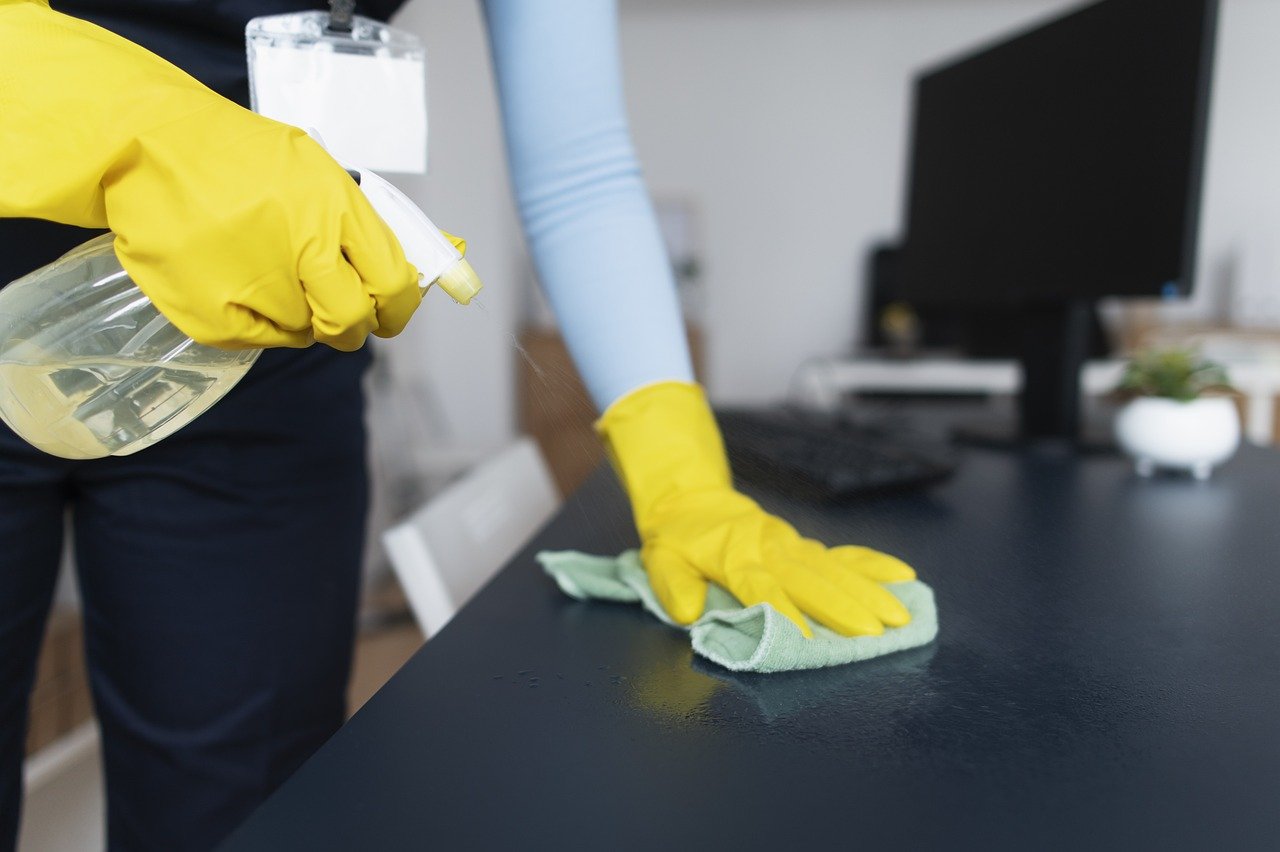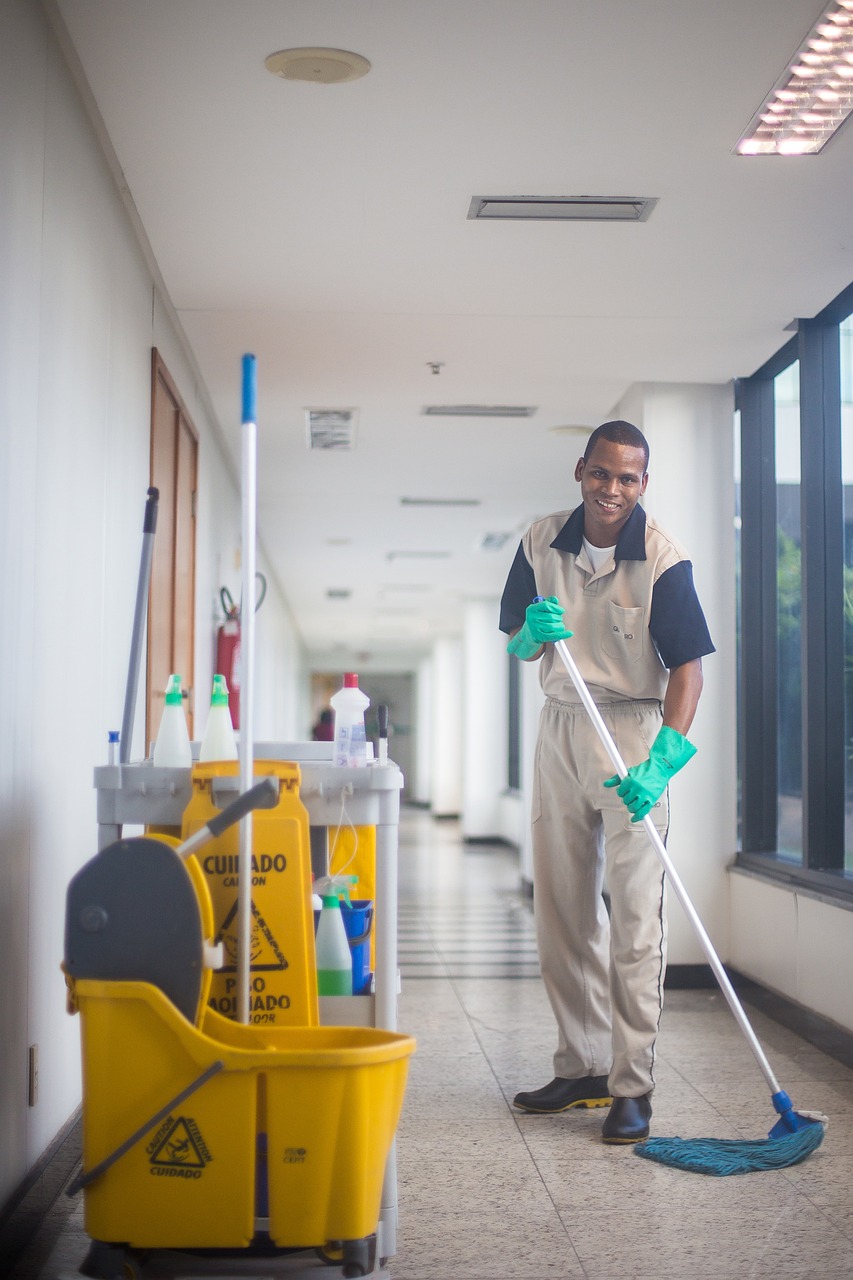The Overlooked Weak Link: Could your Cleaners be a Vulnerability in your Physical Security
If you’ve ever worked in a large corporate office, you’re likely familiar with the different groups that keep the place running—employees, engineers, managers, and even external contractors. However, one group that is often overlooked when it comes to security breaches is the cleaning staff. In this article, we’ll explore why cleaning crews are ideal targets for exploitation and highlight the security vulnerabilities they may unknowingly present.
This discussion is purely for educational purposes, aimed at raising awareness of potential security risks.
Let me ask you: can you name even two members of the cleaning team in your office? Chances are, most of you can’t. Now, think about it the other way around—do you think any of the cleaners would recognise you or your colleagues?
Keep that question in mind as you read through this. By the end, you may have a different perspective on the important role cleaning staff play in a company’s overall security.
Why Cleaning Staff Are Vulnerable Targets
1. Susceptibility to Social Engineering and Limited Security Awareness
Cleaning staff are often among the lowest-paid employees in an organisation, which unfortunately makes them more vulnerable to social engineering tactics. Their limited involvement in the company’s core operations usually means they are less informed about security procedures, making them easier to manipulate, particularly if monetary incentives are offered.
Consider this — would you ever walk up to the CEO and demand their ID badge? Almost certainly not, but we believe all employees should be impowered (without fear or favour) to ensure all employees are authorised to be in the premises, by asking to see ID cards for example. There’s a clear power dynamic at play. A similar imbalance exists between regular employees and the cleaning staff, making cleaners much less likely to question someone who appears to belong, even if they’re acting suspiciously.

2. Unsupervised Access During Off-Hours
One of the most significant advantages cleaners have—without realising it — is their access to office spaces outside regular business hours. Think about this: what’s the first thing cleaning staff do when they enter the building? Take a moment to consider it. Not only that, but cleaning staff normally have ‘Access All Areas’ clearance to keep everything tidy. I am not saying they would be able to enter restricted vaults or access a safe, but they do have the ability to enter conference rooms, Management offices, social spaces and storage areas for goods and uniforms for example. All these areas provide key opportunities to obtain more ‘props’ to sucessfully move around that building, but others in your organisation.
When cleaners arrive after working hours, their first task is to disable the alarm system. They need to move freely around the premises to do their job, which means alarms are off and there’s no one around to notice anything unusual. If an intruder times their break-in during these hours, they would encounter the least security-conscious individuals, with all the alarm systems conveniently turned off.
They can get close to desks and workspaces, which often hide sensitive documents, passwords left on ‘post-it notes’ etc. The cleaning staff also would have opportunity to leave listening/recording devices, or keyloggers should that be the goal of the intruder.
By targeting the cleaning staff, an intruder gains a significant advantage. Not only are the alarms already deactivated, but the cleaners are also unlikely to challenge anyone who looks like they belong, no matter how suspicious they may appear.

Conclusion
Cleaning staff are often the overlooked weak link in corporate security. Their lower wages, lack of security training, and unsupervised access to the office during off-hours make them prime targets for exploitation. For companies looking to enhance their physical security, one of the first steps should be to integrate the cleaning staff into the organisation’s security procedures, providing them with the training necessary to recognise and report suspicious activity.
Threat Actors may seek to impersonate cleaning staff to gain access to your organisation. Would your employees identify a fake cleaner? Maybe consider having a physical penetration test to identify weaknesses or training needs. By testing your staff to notice this threat and know how to deal with it safely is key for any organisation.
As you reflect on the initial question—do you know any of the cleaning staff at your office?—the answer may reveal more about your company’s security vulnerabilities than you initially thought.
